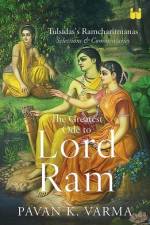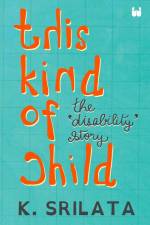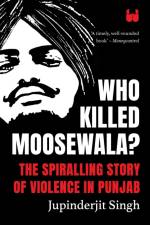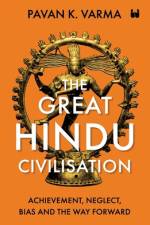av Debashis Paul
249
Debashis Paul's book I Have Autism and I Like to Play Good Bad Tennis offers a window into the world of challenges and joys of parenting. The "I "in the title refers to his son Noel, who was diagnosed with autism spectrum disorder at the age of three and a half.Paul writes "Younger parents of children with autism must understand how to recalibrate their own ambitions and priorities in life; how to let go of the urge to vicariously achieve their goals through their kids." The book is replete with examples of how he learnt about the gap between his expectations and his son's needs, especially when it came to sports. For the father playing was about winning whereas the son was focused only on enjoying himself.Noel did not care to impress or defeat, so he did not mind playing "bad tennis."The author's experience of raising Noel taught him that children with autism "may not be able to form emotional and empathetic ties with friends."As a result, these children feel the need to "lean heavily on their parents, siblings or other family members and their teachers to play the role of the proverbial friend, philosopher, and guide." What makes the book so grounded is the author's refusal to make things look pretty to inspire readers.A moving anecdote in the book has to do with Noel at a Dussehra celebration. The effigies of Ravana, Meghnada, and Kumbhkarana were being burnt to depict the triumph of good over evil, and attendees at the event were cheering. Noel was aghast that people could revel in the act of burning someone (even if inanimate). The author notes: "The incident troubled him greatly. Noel's problem was always with the idea of violence, irrespective of its form." Noel ended up teaching his father- who grew up playing with toy guns - that symbolic violence was also a form of violence and must be condemned." Even if it is enacted as part of a religious or festival ritual. I cannot recommend this book enough - Noel is someone you should get to know.- Extract from the review by Chintan Girish Modi, a freelance writer, journalist, HINDUSTAN TIMES DELHI APRIL 29,2023.The layered narrative of the book shows that the book is much more than a memoir- a celebration of life itself, a humble request for inclusivity, an attempt to alter the general view of autism, and most importantly, a handy guide to parents of neurodiverse as well as neurotypical children. Each chapter in the book reflects his belief that Noel's story can change the way people view neurodivergent individuals. Noel's wit sparkles through and his profound observations make one ponder over the social norms and ways of the world.Paul has multiple objectives in writing this book two of which are to help people with parenting ideas and to show everyone that, with sensible and compassionate mentoring, a child on the autism spectrum can blossom beautifully. The author's personal style of storytelling, complemented by appropriate life events which highlight his learnings, the theoretical as well as practical notes, makes the book accessible to different kind of readers. And it does all this while painting a moving portrait of an endearingly different mind.- Extract from the review by Nalini Ramachandran, a children's book author, and graphic novelist, based in Mumbai, THE HINDU (Literary Review) MAY 28, 2023.








